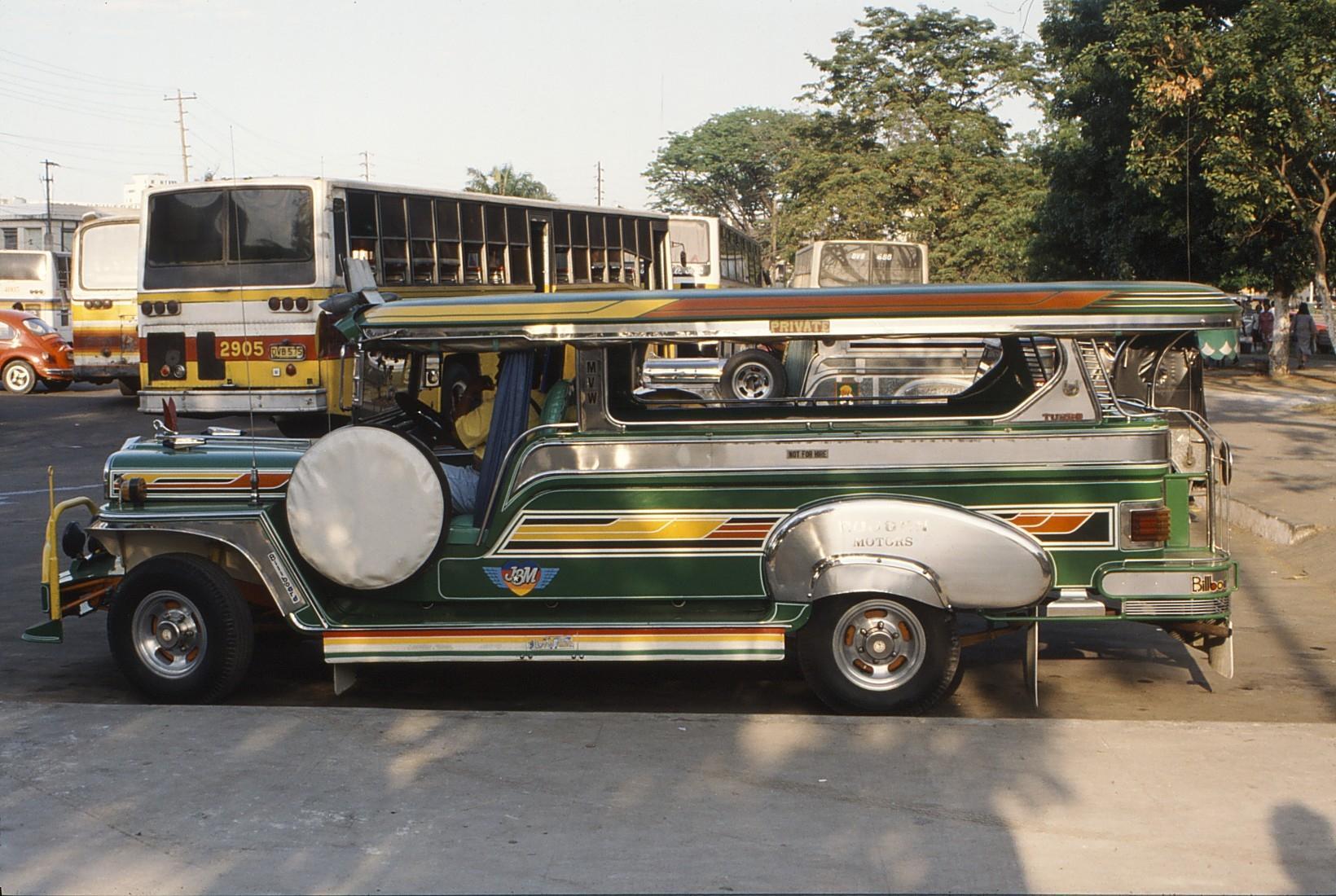Manila has the fifth worst public transportation system in the world, a study has revealed — confirming a fact that we pretty much already know.
Think tank Oliver Wyman Forum and the University of California Berkeley found this in the 2022 Urban Mobility Readiness Index, which examined 60 cities worldwide based on how they were preparing for future mobility challenges. This year’s index emphasized sustainability and public transit “as the backbone of a resilient economy.”
Manila’s public transport system was only marginally better than Johannesburg, Riyadh, Nairobi, and Jeddah, but ranked last in Asia-Pacific.
The study cited Manila’s jeepneys, metro lines, and several modes of transportation available to commuters, as well as “permissive transit rules towards bikes.”
“Despite these multimodal strengths, Manila’s public transit system has room for improvement in speed, wait times, station density, and affordability,” the study said. “Manila is congested and polluted, but a low level of car ownership should help prevent these problems from worsening.”
This should not come as a surprise to Manila’s commuting public, whose worsening transportation problems such as long queues and fewer jeepneys plying the roads amid skyrocketing fuel prices have plagued the city this year.
The Philippines did even poorer in urban mobility readiness as it ranked 58th out of 60, with only Nairobi and Lagos trailing behind.
The report emphasized the importance of tackling mobility challenges and sustainable public transport.
“Cities that tackle future mobility challenges, particularly as it relates to public transit, will be better prepared for future disruptions with resilient and sustainable economies. By some estimates, every $1 billion invested in public transport could create 50,000 jobs and every $1 invested may bring $5 in returns,” it wrote.





Reader Interactions